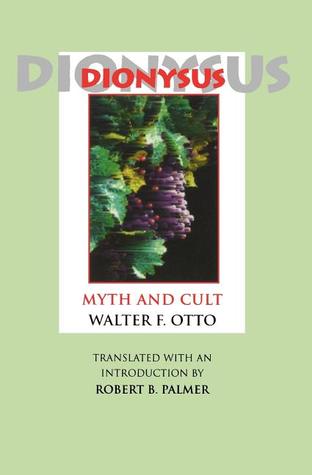

What the day brings on and makes recognizable gradually, emerges out of the dark with no intermediary stages. There is no longer a distinction between the lifeless and the living, everything is animate and soulless, vigilant and asleep at once. There is a strangeness about what is intimate and dear, and a seductive charm about the frightening.

Our feelings too are peculiarly ambiguous. There are whispers and sounds, and we do not know where or what they are. Nighness vanishes, and with it distance everything is equally far and near, close by us and yet mysteriously remote.

Epicurus is the last of his completed works that he revised for publication and first appeared in his posthumous compilation of texts (Das Wort der Antike, Klett 1962).“A man who is awake in the open field at night or who wanders over silent paths experiences the world differently than by day. From the latter he received Otto impressions so strong and decisive that for more than two decades all his scientific activity was devoted to the language, literature and Roman religion. Teachers were Otto Crusius, Ludwig Schwabe, Wilhelm Schmid, who was due mainly advice to continue his studies in Bonn, under the aegis of the great masters and Franz Hermann Usener Bücheler. After a year of theological studies he switched to classical philology. There he attended the school of humanities Eberhard Ludwig, from autumn 1882, and submitted in 1892, instead of the normal school, to what was called "competition" that is a test that conferred the right of admission Protestant theological seminary of Tübingen.

Walter Friedrich Otto, born on 28 June 1874 in Hechingen (Hohenzollern) was the son of pharmacist Hermann Otto Ernest, who soon after moved to Stutgart.


 0 kommentar(er)
0 kommentar(er)
